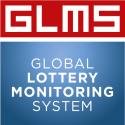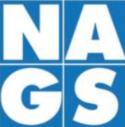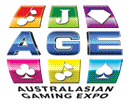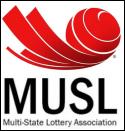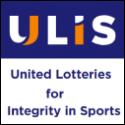Gaming Authority Revises Late-Night Gaming Guideline Following New Research and Court Decision
 SYDNEY, NSW, Australia (February 20, 2024) — As evidence grows of the correlation between late-night gaming and gaming-related harm, the NSW Independent Liquor and Gaming Authority (ILGA) has revised Guideline 16 – Late-night gaming applications to reflect ILGA’s position on late-night gaming.
SYDNEY, NSW, Australia (February 20, 2024) — As evidence grows of the correlation between late-night gaming and gaming-related harm, the NSW Independent Liquor and Gaming Authority (ILGA) has revised Guideline 16 – Late-night gaming applications to reflect ILGA’s position on late-night gaming.
Guideline 16 (the Guideline) sets out the way in which ILGA approaches applications which have the effect of increasing access to late-night (post-midnight) gaming in NSW.
ILGA decides applications for pubs and clubs in NSW to operate electronic gaming machines (“pokies”) under the Gaming Machines Act 2001 (the Act).
The objects of the Act require that the minimisation of harm, to individuals and communities, must be the priority when ILGA assesses applications from venues wishing to increase gaming facilities.
The previous edition of the Guideline made clear ILGA’s increasing concern about the potentially harmful impact of late-night gaming.
Roy Morgan Research findings reinforce pre-existing NSW evidence that there are serious risks associated with late-night electronic gaming machine (EGM) play.
For example, the research found late-night EGM gamblers tend to be more intense gamblers and significantly more likely to be experiencing problem gambling. The later into the early hours of the morning play takes place, the higher the proportion of “at risk” gamblers, particularly after 2am.
In September, the NSW Court of Appeal in Whitebull underscored ILGA’s power and responsibility to consider the potential for gaming-related harm when it considers applications under the Act and the need for the imposition of conditions under the Liquor Act 2007.
ILGA Chairperson Caroline Lamb said the Guideline 16 revision reinforces ILGA’s responsibilities around late-night gaming applications.
“When we look at the increasing body of evidence of the association between late-night gaming and gaming-related harm, ILGA is generally concerned about applications which, if approved, would result in significantly increased access to post-midnight gaming. Our concern is greater if the proposal would involve gaming after 2am,” Ms Lamb said.
“It is our hope that in the face of the evidence, venues offering gaming facilities will recognise the risks and themselves introduce effective measures to protect their members and customers from harm.
“ILGA is unlikely to approve applications involving additional late-night gaming unless there are effective conditions aimed at decreasing the risk of gaming-related harm, such as conditions limiting the operating hours of gaming rooms.
“Where applicants have failed to adequately mitigate the potential risk, we want operators to understand that ILGA has the power to place additional conditions on licences to prevent and reduce gambling harm. That power exists at any time and whether or not an application has been made.
“ILGA aims to ensure that where late-night gaming occurs, it operates in an environment which addresses the need for harm minimisation.”
ILGA also updated Guidelines 2 and 10 to align with the NSW Government’s Vibrancy Reforms which commenced on 12 December 2023 (24-Hour Economy Legislation Amendment (Vibrancy Reforms) Bill 2023).
Visit liquorandgaming.nsw.gov.au/resources/ilga-guidelines for the updated guidelines.
SOURCE: Independent Liquor and Gaming Authority (ILGA).
Tags: IGLA, Gaming Guidelines
















